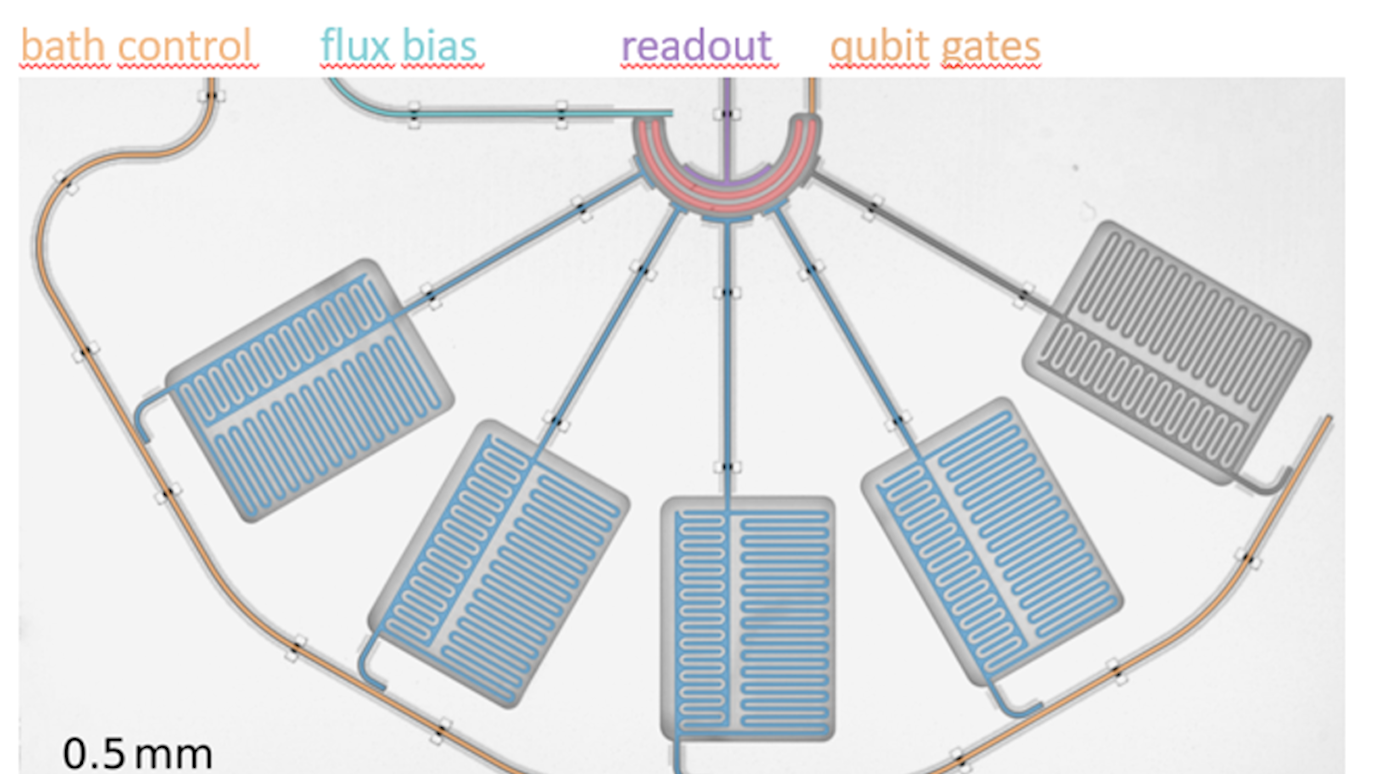Professor Martin Weides, University of Glasgow
Quantum technologies based on interacting qubit states allow for a wide range of experimental realizations ranging from fundamental tests to quantum simulation & computing achieving a quantum advantage. Superconducting quantum circuits having matured over the past years to one of the leading platforms with an unprecedented variety of implementation and application schemes. For instance, analogue quantum simulators can now tackle problems that are hard to solve. No sophisticated error-correction schemes are needed, making them especially useful in particular for the study of universal effects such as hard-to-model open quantum systems. The circuit’s tailored functionality and the broad toolbox of available circuit elements, including qubits, bosonic modes, a range of coupling elements and additional drive tones make it an appealing platform to probe quantum science in general.
In this talk, an introduction to the field is given, including a view on technological challenges such as quantum circuit materials and processing, and exemplary quantum simulation applications such as the dynamics in ultra-strongly coupled systems or multi-state Landau Zener transitions.





















